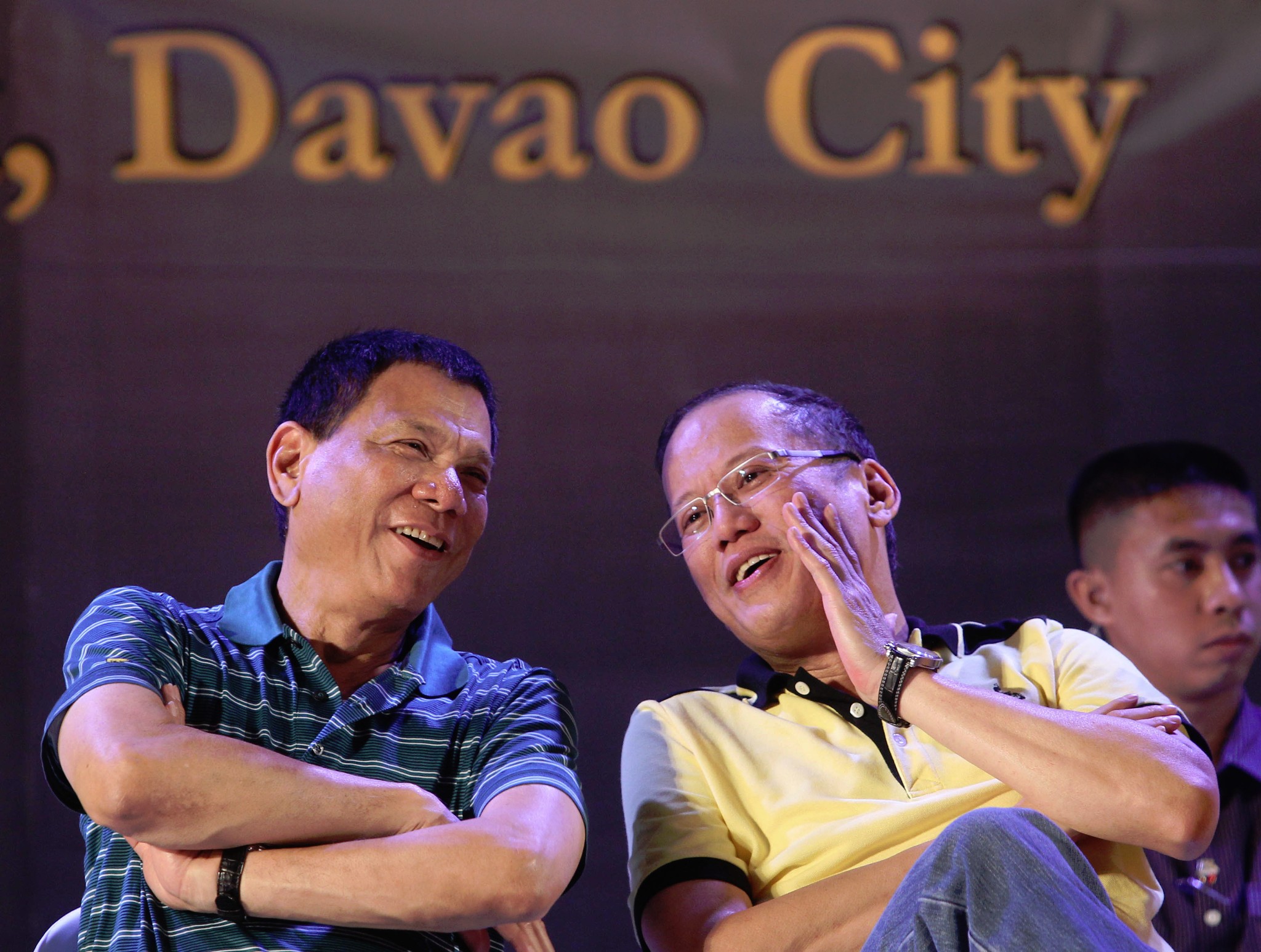For this unit the question that I chose is if the drug war waged by President Rodrigo Duterte in the Philippines has been effective at fighting drugs. Since his election in June of 2016 Duterte has championed a policy of eliminating drugs from the Philippines at any cost; to do this he has imprisoned some drug addicts and drug dealers, but he has also advocated for the killing of drug users and dealers by citizens and authorities. Some people supports these methods because they feel that drugs have plagued the Philippines for too long, and they believe they have to send a message to drug users to get them to stop. Others criticize Duterte’s tactics because they feel they are far too harsh, drastic, and that the ends do not justify the means. This is a hot issue of debate because its results will determine if heavy-handed tactics are effective in fighting drugs, and it effects relations between the Philippines and other countries who take issue with potential human rights abuses.
The history of the debate on Duterte’s drug policy begins with his time as Mayor of the city of Davao, where Duterte was first elected in 1988. During his time in office he changed the city from a place plagued by criminal activity, drugs, and gangs to a city that is now considered orderly to many Filipinos. In Davao Duterte used many of the same tactics that he is now using across the country- such as extrajudicial killings- as a way to clean up the city streets. When Duterte decided to run for President, many Filipinos supported Duterte’s candidacy based on his claims that he would clean up crime in the Philippines as a whole just like he did for Davao. Now that Duterte is the President, many people are questioning if the policies he used to clean up Davao will have the same level of effectiveness they had in Davao across the Philippines as a whole.

Duterte during his time as Mayor of Davao with former Philippine President Benigno Aquino III. Source: –Malacañang Photo Bureau
Some people are already staunch supporters of Duterte’s policies, and they believe that what he is doing is working. For example, people such as Wilkins Villanueva, a member of the Philippines drug enforcement agency argue that: “Before, our fight against dangerous drugs was a lonely battle. Now, everybody’s helping us – the community’s helping us”. Proponents including groups such as law enforcement agencies feel that the new policies enacted by Duterte have caused the community to band together and help the authorities to crack down on drugs, so they believe that Duterte’s methods are indeed effective in helping the fight against drugs.
On the other hand, opponents of Duterte’s policies are singing a very different tune. For instance, in a resolution the European Union voiced their concern abouy: “the high numbers killed during police operations in the context of an intensified anti-crime and anti-drug campaign”, and stated the Filipino government needed to: “launch an ‘immediate investigation’ into the killings and adopt ‘specific, comprehensive policies and programmes’, in full compliance with national and international obligations and respect for human rights”. Opponents, such as those who advocate for human rights, argue that the policies have led to too many people being killed, and that they have violated human rights, so they are ineffective because they have caused too much collateral damage.
Whether or not Duterte’s Drug policies prove successful could have a great effect on the way countries treat drug policy in the future. For example, if the policies Duterte has used are seen as successful, then other countries may feel more invigorated to treat drugs as a highly criminal issue, and they will take the fight against drugs head on using violence to combat them rather than taking cases through the court. On the other hand, if Duterte’s policies are seen as a failure, countries may be less inclined to treat drugs as a criminal issue and may shift to treating drugs as a public health issue.
Countries will make a decision on how to combat drugs based on this debate, and these decisions are important because they can lead countries down a path into violence and possible human rights abuses in their attempts to combat drugs, or they can cause countries to re-evaluate the criminality of drugs, and what the effective strategies to combat drugs are.